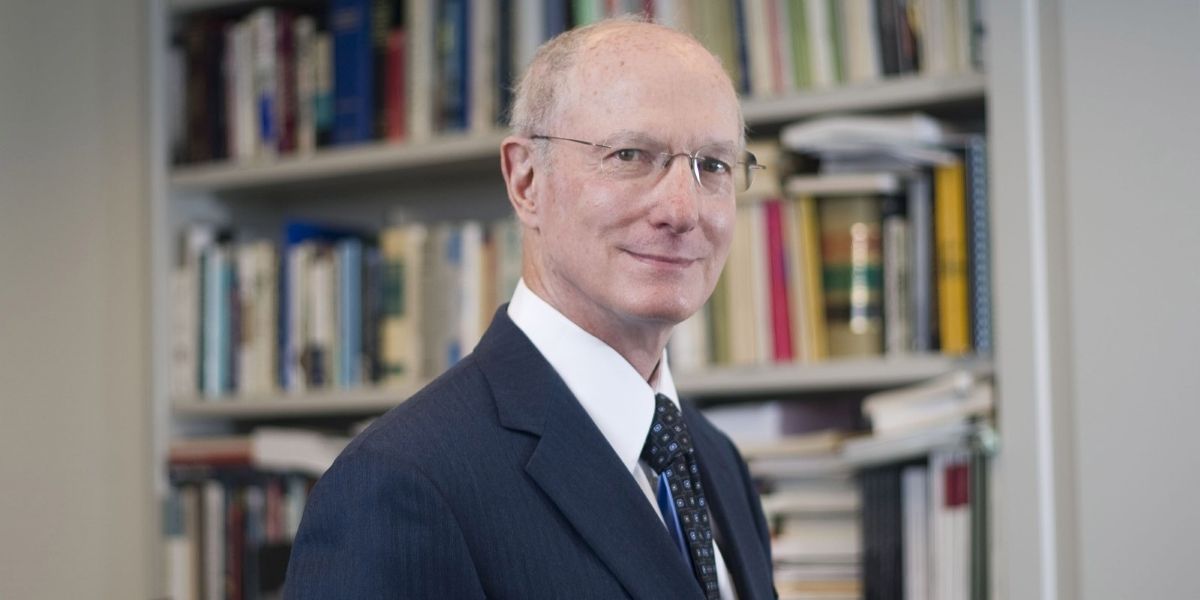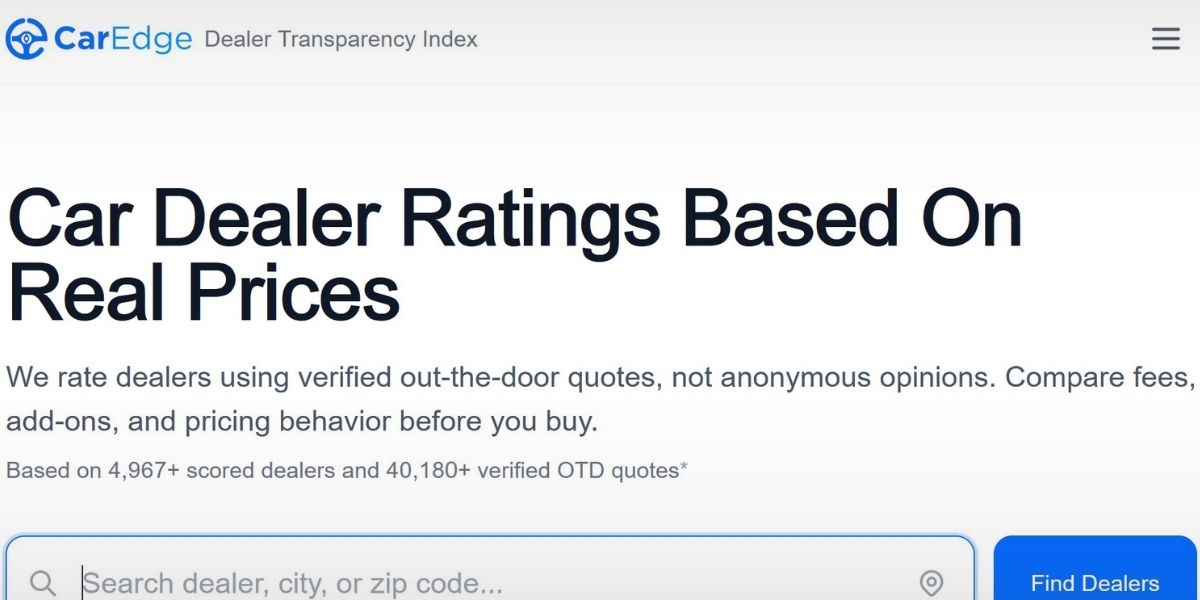Government accountability measures often attract considerable attention when public trust in institutions and their procedures appears to be uncertain. Observers often advocate for clearer standards, greater disclosures, and improved avenues for engagement. Legislators, legal professionals, and reform-minded groups regularly debate new legislative proposals, underscoring the significance of open records and transparent lobbying practices. Many individuals have contributed to these efforts, working both within and outside public service. The career of Thomas Michael Susman reflects this environment, illustrating his long-standing involvement in freedom of information matters and the ethical dimension of lobbying.
Susman built a career as an attorney and lobbyist, focusing on making government more transparent and accountable, and refining standards for lawful advocacy. His efforts have aligned with legislation such as the Freedom of Information Act (FOIA), and his legal work has addressed how professionals engage with elected officials. His presence in both government and private practice enabled him to guide amendments, advise legislative bodies, and draft practical manuals on transparent lobbying. His work formulating the direction of FOIA development and building a lobbying ethics model has positioned him among the figures who have contributed to the development of contemporary disclosure regimes.
He served in a succession of roles applying and interpreting the FOIA, beginning in the U.S. Department of Justice’s Office of Legal Counsel and then working for the Senate Judiciary Committee. Throughout his career, his commitment to government transparency has remained a priority, even as he shifted between government service, private law practice, nonprofit activities, and consulting. Transparency, legislative advocacy, and ethical lobbying were central to his work in several organizations, and he left an impactful legacy of procedural regulations and published reference works.
Susman was born in 1943 in Houston, Texas. He was taught to respect the law by his mother, Helene Daily Susman, who was the first Texas woman member of the U.S. Supreme Court Bar. She restarted her law practice after the death of her husband—also a practicing lawyer—leaving her to raise two young sons as a single working parent.
He received a B.A. in History from Yale University in 1964, where he was a member of the Yale Debate Association and chaired various student businesses. He received his J.D. with distinction from the University of Texas School of Law in 1967, where he was editor-in-chief of the Texas Law Review and a research assistant to Professor Charles Alan Wright. He then clerked for U.S. Fifth Circuit Court of Appeals Judge John Minor Wisdom. These experiences helped him address complex legal challenges and legislative intricacies throughout his career.
Susman became familiar with FOIA in the U.S. Department of Justice Office of Legal Counsel, where he advised agencies on compliance. He then moved to the Senate Judiciary Committee’s Subcommittee on Administrative Practice and Procedure, where he conducted investigations of agency disclosure under FOIA. His involvement grew as the law developed and its shortcomings were identified. In 1974, he staffed oversight hearings and was largely responsible for much of the drafting of the 1974 FOIA Amendments. Herbert N. Foerstel referred to Susman as the “architect of the 1974 Amendments,” attesting to the level of his input to that legislative package.
The resulting changes strengthened the law by clarifying agency obligations and fostering openness in areas that had been less accessible. Susman’s ongoing focus on FOIA manifested in later phases of his work, where he provided counsel on drafting open government rules, advised nonprofits seeking agency records, and participated in programs emphasizing how government information should be shared with the public. Throughout these efforts, he maintained consistent attention to the procedural dimensions of disclosure while facilitating broader debates over the balance between transparency and appropriate institutional confidentiality.
Following his government service, Susman joined the Washington office of Ropes & Gray LLP, representing clients that included digital technology enterprises, associations, Indian Tribes, and corporate entities with legislative priorities. There, he faced challenges with interpreting the outdated lobbying disclosure law; this led to his producing The Lobbying Manual: A Complete Guide to Federal Lobbying Law and Practice, a book used by practitioners looking for information on how to conduct business within federal record-keeping and compliance requirements.
Susman further led efforts to craft a Lobbyists’ Code of Ethics, encouraging advocates in the legislative process to follow stringent disclosure standards and avoid unethical contacts. His law review article, Private Ethics, Public Conduct: An Essay on Ethical Lobbying, Campaign Contributions, Reciprocity, and the Public Good, examined core questions about influence, reciprocity, and how financial support may shape decision-making. The sum of these efforts aimed at supporting an environment in which lobbying, as an essential component of democratic systems, could operate more transparently and ethically.
As government accountability issues arose in his home jurisdiction, Susman founded the D.C. Open Government Coalition, a nonprofit that promotes access to District of Columbia government records and meetings. He served as the coalition’s founding president, coordinating strategies to ensure local public agencies promptly responded to information requests. His enthusiasm for openness also took him to international destinations, where he consulted with organizations and legislatures in China, Chile, Peru, and Argentina to design access-to-information laws. All these efforts reflect a history of government and nonprofit advising on open government, going back to his work with FOIA.
Susman’s dedicated service was honored by organizations dedicated to freedom of information, ethical lobbying, and administrative law. In 2023, he received the National Institute for Lobbying & Ethics’ first Lifetime Achievement Award for his commitment to legislative lobbying and transparency. His 2006 induction into the Freedom of Information Hall of Fame for his service on disclosure legislation was a recognition of his work. He was also given the James Madison Award by the American Library Association and the “Outstanding Alumnus” from the University of Texas School of Law. He continues to pursue government accountability and access to justice at the American Bar Association as Strategic Advisor for Global Programs & Governmental Affairs.
Thomas Susman’s impact on FOIA legislation and ethical lobbying practices continues to endure through his published works, teaching, and advisory roles. His approach, shaped by early participation in key amendments to federal law, has been carried over into the private sector and nonprofit efforts to align lobbying practices with clear ethical standards. His focus on making records available to the public and addressing how lobbyists interact with the government remains a key topic in policy debates around disclosure rules and the proper role of advocacy. As concerns about transparency persist in contemporary discussions, Susman’s legacy offers an example of sustained engagement with legal frameworks designed to uphold access and ethical behavior in public life.








